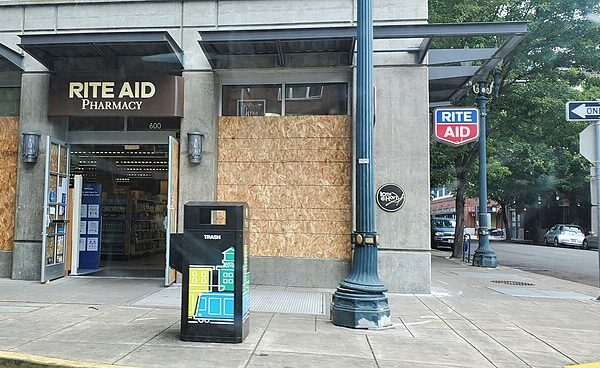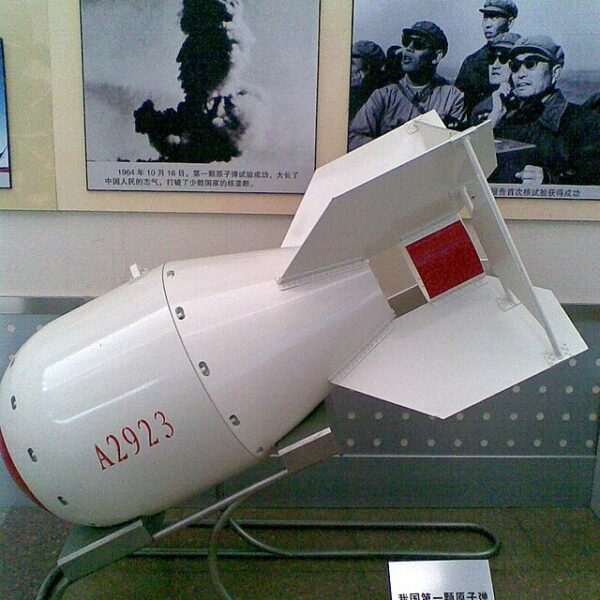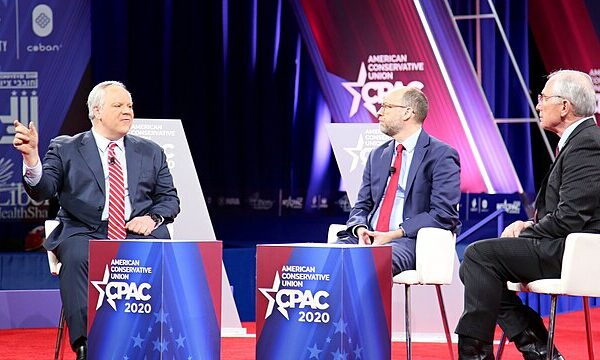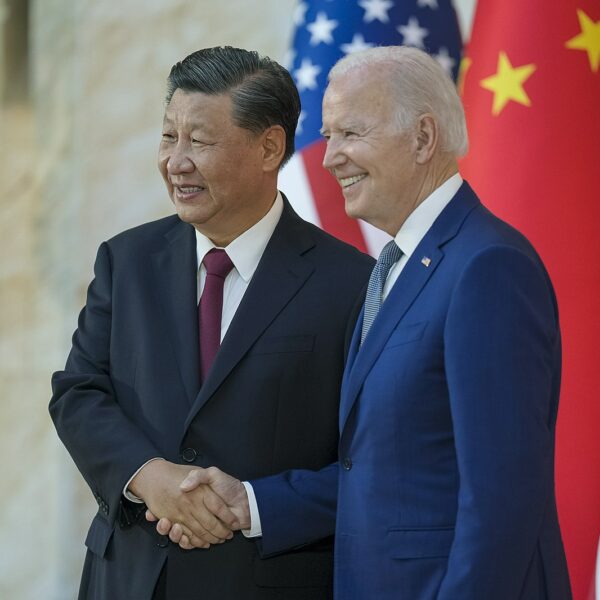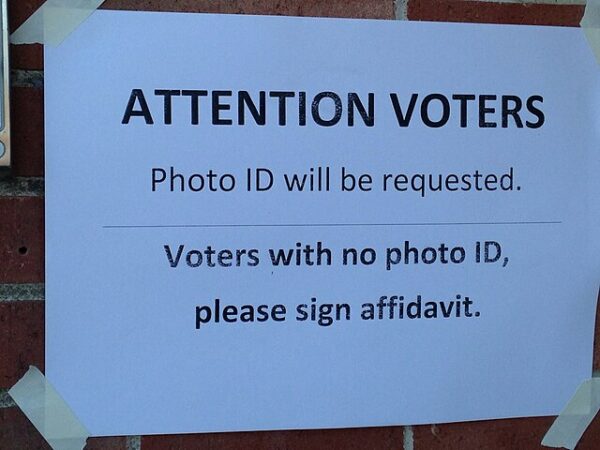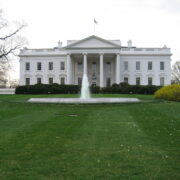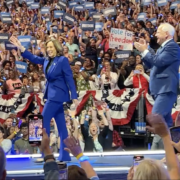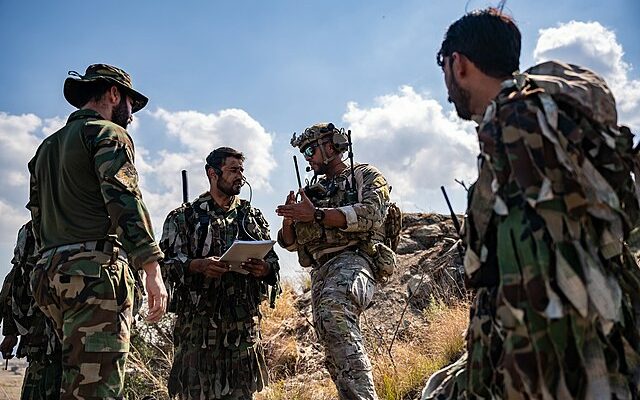
President Donald Trump has intensified the U.S. campaign against narcotics trafficking by issuing a classified directive authorizing military action against Latin American drug cartels, which his administration has designated as foreign terrorist organizations, according to The New York Times. The order—signed at an undisclosed time—marks a departure from conventional law enforcement approaches, opening the door to U.S. military operations on foreign soil or in international waters.
“President Trump’s top priority is protecting the homeland, which is why he took the bold step to designate several cartels and gangs as foreign terrorist organizations,” White House spokesperson Anna Kelly said. The January 20 executive order named Venezuela’s Tren de Aragua, El Salvador’s MS-13, and Mexico’s Sinaloa Cartel among the groups. The designation grants the Pentagon expanded legal authority to develop operational plans ranging from financial sanctions to direct military engagement.
The secrecy surrounding the directive has left key questions unanswered—its scope, operational details, and timeline remain unclear. The Pentagon confirmed it is consulting with national security agencies but declined to elaborate, prompting concerns over the diplomatic repercussions, particularly with Mexico. Mexican President Claudia Sheinbaum flatly rejected the idea of U.S. troops operating inside her country. “The United States is not going to come to Mexico with the military. We cooperate, we collaborate, but there is not going to be an invasion. That is ruled out, absolutely ruled out.” She acknowledged being informed of the directive but said Mexican authorities were largely caught off guard, according to three sources familiar with the matter.
The move dovetails with Trump’s broader border security strategy, which has leaned heavily on military resources. Military.com reported thousands of U.S. troops deployed to the southern border for barrier construction and surveillance, and in June, the Pentagon reviewed a Department of Homeland Security request to make up to 20,000 troops available for border missions—a force comparable to certain overseas deployments. In February, Trump struck a deal with Mexico to avert tariffs by securing the deployment of 10,000 Mexican National Guard troops to curb migration, contributing to a record low in border crossings: 6,072 migrants intercepted in June, down from 83,532 the prior year, according to Customs and Border Protection.
Supporters of the terrorist designation argue it provides powerful tools to disrupt transnational crime, akin to measures used against al-Qaeda or ISIS. Critics warn of legal and diplomatic fallout. “If the U.S. does this without Mexico’s consent, it will set the relationship back a hundred years,” said Todd Robinson, a former assistant secretary of state for international narcotics and law enforcement affairs, citing the risk to longstanding cooperative policing efforts.
Mexico has increased its own counter-cartel campaigns, targeting the Sinaloa Cartel with troop deployments in an effort to cripple its global fentanyl operations. U.S. officials have reported a 50 percent drop in fentanyl seizures in recent months, though it is unclear whether this reflects a genuine decline in trafficking or improved smuggling techniques. U.S. Ambassador to Mexico Ronald Johnson attributed the decline to “increased collaboration between the U.S. and Mexico,” underscoring the fragile balance of partnership now at risk.
The prospect of U.S. military strikes in Mexico has raised fears of civilian casualties in dense urban areas where cartels operate—unlike the rural battlefields of Afghanistan, such actions could place dual U.S.-Mexican citizens in harm’s way. “This has always been Mexico’s deepest fear, this constant sense that we could be invaded by the U.S. again,” said Arturo Rocha, a former Mexican foreign ministry official.
The directive also extends to Venezuela, where the administration has targeted the Cartel de Los Soles, allegedly linked to President Nicolás Maduro, offering a $50 million reward for information leading to his arrest. Venezuelan Defense Minister Vladimir Padrino López dismissed the U.S. claims as “ludicrous,” reflecting broader regional resistance to American military intervention.
Today, @TheJusticeDept and @StateDept are announcing a $50 MILLION REWARD for information leading to the arrest of Nicolás Maduro. pic.twitter.com/D8LNqjS9yk
— Attorney General Pamela Bondi (@AGPamBondi) August 7, 2025
As the Pentagon refines its operational plans, former U.S. military attaché to Mexico Craig Deare told The New York Times that “the short-term benefits will be far outweighed by the long-term costs,” pointing to decades of mistrust that could resurface. For now, the full extent of U.S. military involvement—and its repercussions—remains uncertain, leaving both nations on edge over the potential fallout of Trump’s most aggressive anti-cartel measure to date.
[Read More: Dems Accused Of ‘Money Laundering’ Tax Money]

